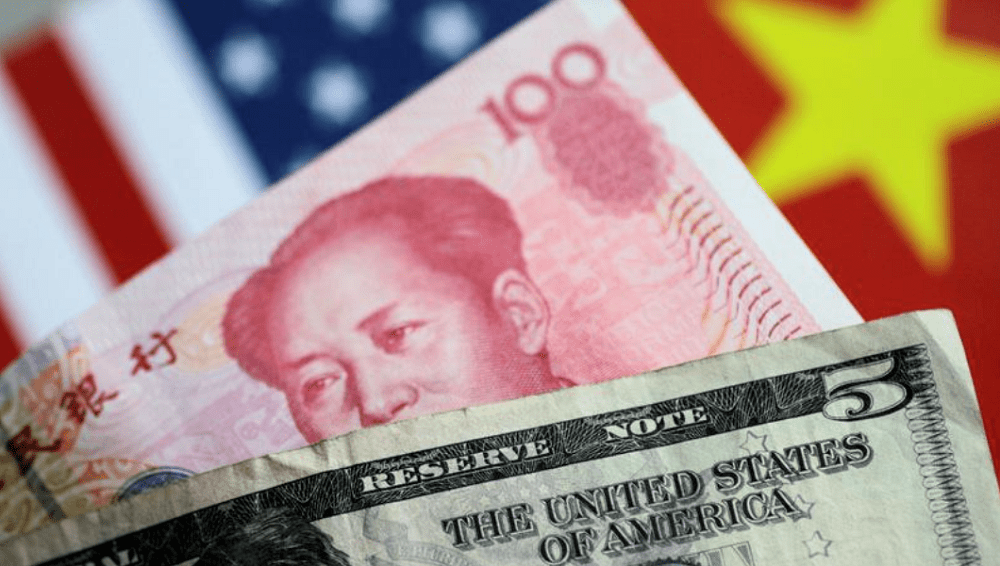China’s major state-owned banks have been swapping U.S. dollars for yuan this week, traders said on Thursday, suggesting monetary authorities are trying to rein in the sharply appreciating currency. Those operations in the onshore currency swap market have caused the value of the yuan to fall in the forwards market, tamping expectations that it will appreciate further and simultaneously making it more expensive for investors to borrow yuan.

Two other traders told Reuters they saw big state banks buying dollars in the onshore spot market during late night trading sessions to effectively prevent the yuan from strengthening too fast. The yuan has appreciated 7% against the dollar since the depths it hit in May, as China’s rapid recovery from the coronavirus pandemic and high-yielding markets draw foreign investor inflows.
Traders took the state banks’ action as an official sign that the authorities might not want the Chinese currency to strengthen too much in a short period of time, hurting exports. The People’s Bank of China (PBOC) has taken other measures recently to ease the pace of appreciation. It lowered the reserve requirement ratio for financial institutions when conducting some foreign exchange forwards trading to zero earlier this month..
On Tuesday, the PBOC’s currency trading system suspended a counter-cyclical factor that local banks had been using to massage the value of the yuan’s daily mid-point, effectively removing another tool routinely used to prevent depreciation.
The swaps by the big state banks drove up the one-year premium on dollars to as high as 1,700 points this week, implying a 2.5% decline over the next 12 months in the tightly managed yuan. State banks usually act on behalf of the central bank in the country’s foreign exchange market, but they could also trade on their own behalf.
This is not the first time that big state banks are using swaps to affect yuan expectations. They were active in yuan forwards multiple times in the previous two years, using swaps to curb dollar supply as authorities sought to slow the currency’s depreciation. Their swaps this week caused the onshore yuan to be priced weaker in forwards than its offshore counterpart for the first time since February 2018, according to Refinitiv data.
Chinese banks seen swapping dollars for yuan in forwards to curb gains – traders, Reutets, Oct 29